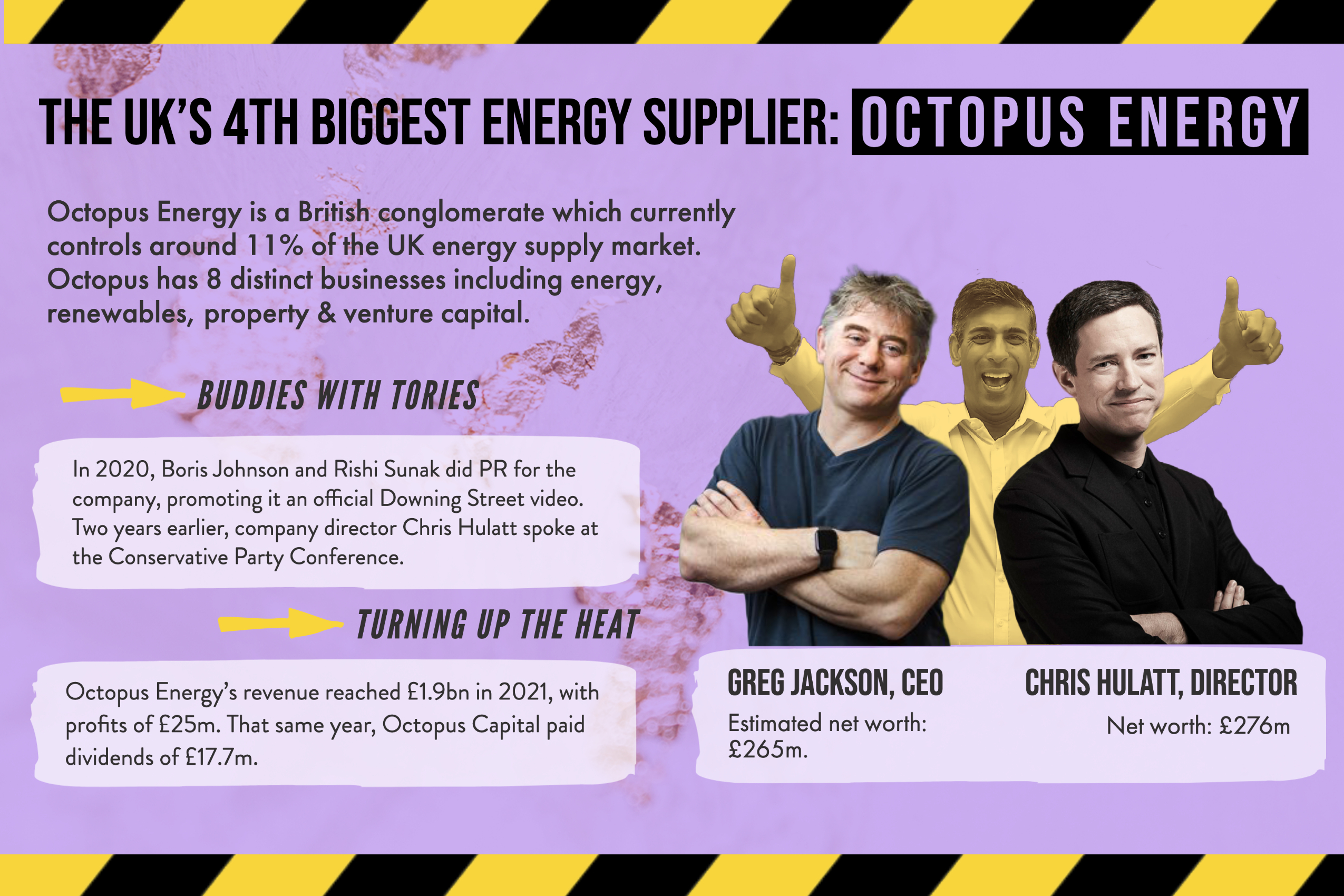COP15
FOR WHOSE PROTECTION?ANALYSIS
25 November 2022
Land
A target to turn 30 per cent of the world’s land into protected areas for nature by 2030 is set to be agreed by world leaders in December. But not everyone is happy about it, as Amy Hall reports.

Around 700 families were evicted from the Amchang Wildlife Sanctuary in Assam, India in November 2017, following an order of the Guwahati High Court.
ZUMA PRESS /ALAMY
One million species risk becoming extinct ‘within decades’, according to the UN. It’s a sobering thought.
A looming threat that is largely due to human activity, whether through direct habitat destruction or the impacts of climate change and pollution. We need to face up to that.
It’s clear that bold action is needed – so why has a proposal to make 30 per cent of the land on Earth protected areas for nature by 2030 triggered a global campaign against it? Due to be signed-off at the UN biodiversity conference in Canada this December, the 30-per-cent target is part of an action plan known as the post-2020 Global Biodiversity Framework. But it has been dubbed ‘the biggest land grab in history’ by critics who say that if this target is agreed, it could lead to mass evictions and abuses against Indigenous peoples and other communities, plunging millions into landless poverty.
This year, footage of the violent dispossession of thousands of Maasai from Loliondo in Ngorongoro District, Tanzania provoked an international outcry. On 7 June an estimated 700 security officers – including police, park rangers and military – arrived to demarcate land in preparation for evictions to make way for the expansion of a conservation area and a private hunting reserve owned by the UAE-based Otterlo Business Corporation. Dozens of people were wounded as live ammunition and tear gas were reportedly turned on protesters. It’s scenes like this that many Indigenous groups and allies say are likely to be instigated by the push for 30x30.
‘There was a lot of violence,’ explains Yannick Ndoinyo, Maasai leader and Executive Director at Traditional Ecosystems Survival Tanzania, speaking on the phone from Nairobi. ‘Everyone was being arrested and criminalized. Some people ran away and were hiding. Now, nobody is there to protect the land.’
FORTRESS CONSERVATION
Evictions and violence have long been used to establish and expand protected areas across the world. The US was the first to create ‘national’ parks with Yellowstone and Yosemite, which led to Indigenous people, and others, being pushed from the land: that model was exported across the world. The Maasai have faced several waves of often violent expulsion since the British colonial government established the Serengeti National Park in northern Tanzania in 1959.
‘Since the beginning they are established as white places, places where the people who are living there and who have been central in taking care of the land can’t live anymore,’ says Fiore Longo, a campaigner with Survival International. ‘But Europeans, both for science and for tourism, can get access.’
More than 250,000 people in 15 countries are thought to have suffered eviction due to the demarcation and creation of protected areas between 1990 and 2014. ‘The idea is born out of ignorance,’ says Ndoinyo. ‘It discriminates against people who will be impacted by the decision.’
Human rights organization Survival International predicts that, under the 30x30 proposal, 300 million people stand to lose their lands.
It is feared that such a push for more protected areas will just fuel ‘fortress conservation’, a highly militarized approach which, instead of recognizing local expertise, ‘rests on the racist misconception that Indigenous people cannot be trusted to look after their own land and the animals that live there’.
However, there is much evidence that Indigenous people are usually the best protectors of the land and that this contribution should be fully recognized in international discussions. Eighty per cent of the planet’s biodiversity is found on lands that are also home to Indigenous people. Deforestation rates are lower in Indigenous territories, particularly where collective land rights are formally recognized.
Conservation efforts too often ignore the existence or the needs of Indigenous people already living on or using the land. Land held collectively or used by people moving with the seasons can be seen as up for grabs. Or – when people on the land are acknowledged – they can be labelled a threat, to be separated from fenced-off nature.
‘Largely the protection approach has failed to produce sustainable results or outcomes. All these protected areas were taken away from people. They are not empty spaces,’ says Ndoinyo.
One million species risk becoming extinct ‘within decades’, according to the UN. It’s a sobering thought.
A looming threat that is largely due to human activity, whether through direct habitat destruction or the impacts of climate change and pollution. We need to face up to that.
It’s clear that bold action is needed – so why has a proposal to make 30 per cent of the land on Earth protected areas for nature by 2030 triggered a global campaign against it? Due to be signed-off at the UN biodiversity conference in Canada this December, the 30-per-cent target is part of an action plan known as the post-2020 Global Biodiversity Framework. But it has been dubbed ‘the biggest land grab in history’ by critics who say that if this target is agreed, it could lead to mass evictions and abuses against Indigenous peoples and other communities, plunging millions into landless poverty.
This year, footage of the violent dispossession of thousands of Maasai from Loliondo in Ngorongoro District, Tanzania provoked an international outcry. On 7 June an estimated 700 security officers – including police, park rangers and military – arrived to demarcate land in preparation for evictions to make way for the expansion of a conservation area and a private hunting reserve owned by the UAE-based Otterlo Business Corporation. Dozens of people were wounded as live ammunition and tear gas were reportedly turned on protesters. It’s scenes like this that many Indigenous groups and allies say are likely to be instigated by the push for 30x30.
‘There was a lot of violence,’ explains Yannick Ndoinyo, Maasai leader and Executive Director at Traditional Ecosystems Survival Tanzania, speaking on the phone from Nairobi. ‘Everyone was being arrested and criminalized. Some people ran away and were hiding. Now, nobody is there to protect the land.’
FORTRESS CONSERVATION
Evictions and violence have long been used to establish and expand protected areas across the world. The US was the first to create ‘national’ parks with Yellowstone and Yosemite, which led to Indigenous people, and others, being pushed from the land: that model was exported across the world. The Maasai have faced several waves of often violent expulsion since the British colonial government established the Serengeti National Park in northern Tanzania in 1959.
‘Since the beginning they are established as white places, places where the people who are living there and who have been central in taking care of the land can’t live anymore,’ says Fiore Longo, a campaigner with Survival International. ‘But Europeans, both for science and for tourism, can get access.’
More than 250,000 people in 15 countries are thought to have suffered eviction due to the demarcation and creation of protected areas between 1990 and 2014. ‘The idea is born out of ignorance,’ says Ndoinyo. ‘It discriminates against people who will be impacted by the decision.’
Human rights organization Survival International predicts that, under the 30x30 proposal, 300 million people stand to lose their lands.
It is feared that such a push for more protected areas will just fuel ‘fortress conservation’, a highly militarized approach which, instead of recognizing local expertise, ‘rests on the racist misconception that Indigenous people cannot be trusted to look after their own land and the animals that live there’.
However, there is much evidence that Indigenous people are usually the best protectors of the land and that this contribution should be fully recognized in international discussions. Eighty per cent of the planet’s biodiversity is found on lands that are also home to Indigenous people. Deforestation rates are lower in Indigenous territories, particularly where collective land rights are formally recognized.
Conservation efforts too often ignore the existence or the needs of Indigenous people already living on or using the land. Land held collectively or used by people moving with the seasons can be seen as up for grabs. Or – when people on the land are acknowledged – they can be labelled a threat, to be separated from fenced-off nature.
‘Largely the protection approach has failed to produce sustainable results or outcomes. All these protected areas were taken away from people. They are not empty spaces,’ says Ndoinyo.
ALL IN THE DETAIL
While many argue that 30x30 should be scrapped altogether, there are others who think it could make a positive difference – with some modifications.
Greenpeace has stated the 30x30 target could provide a ‘leverage point’ that helps ensure political commitment to protect nature in many countries but that the target can only be successful ‘if governments adopt a rights-based approach, and failed conservation models are discarded in favour of the recognition of customary land to protect biodiversity, fight inequality and attain climate goals’.5 They warn that adopting the target without a ‘global reckoning’ on the fortress-conservation model would give the green light to implementing protected areas without taking into proper account the rights and knowledge of Indigenous peoples – which would lead to human rights abuses while doing little to stop biodiversity loss.
‘Of course, conserving biodiversity for the world is a very noble and important issue, but the problem is the way it’s being done,’ says Marianne Wiben Jensen, an expert on land rights in Africa at the International Work Group for Indigenous Affairs. ‘If conservation could be done in a way that continued to conserve these rich lands, while at the same time strengthening the rights and livelihoods of the Indigenous peoples who live on that land, that could be a perfect combination. But that is still an uphill struggle… It’s a big concern that 30x30 would lead to massive land grabbing.’
For Longo, ideas like 30x30 give an ‘illusion’ that action is being taken without tackling the roots of the problem: ‘It’s a model that distracts. It says, “Oh we don’t need to focus on what happens on the other 70 per cent of the planet”.
‘What they should be doing is tackling the real causes of biodiversity loss which are over-consumption and the exploitation of resources for profit – those are the things that we should be talking about.
‘Of course, this is a shift in power – this is really putting multinational companies in danger, it’s about giving the land back to Indigenous peoples and other farmers. It’s a change that is too radical to happen, but it’s a change that should be happening.’

 Image description: A remote-controlled light switch is operated on by a nearby smartphone.
Image description: A remote-controlled light switch is operated on by a nearby smartphone.



















